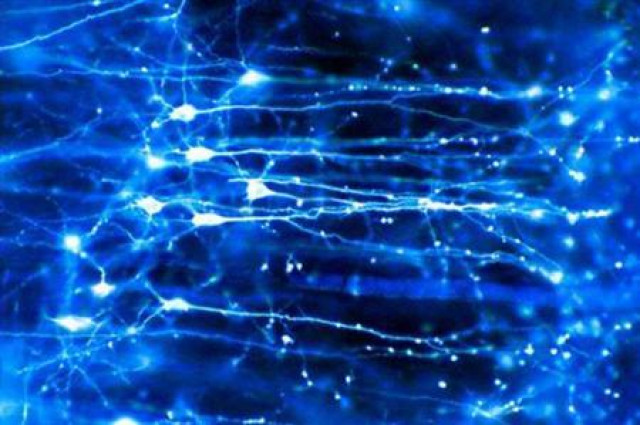'Brain starts to eat itself after sleep deprivation'
Feeling exhausted can directly be linked to lack of brain capacity, says a new study

Neurons in the brain. PHOTO: REUTERS
The research published in the Journal of Neuroscience, examined the brains of mice that had consistent sleep, spontaneous wake, sleep deprivation and chronic sleep deprivation. Scientists have used block-face scanning software to measure the synapses and cell processes in the mouse’s frontal cortex. The researchers found that the sleep deprived mice displayed more activity with the cells called astrocytes.
Sleep deprivation can lead to false confessions
The study also suggests that astrocytes start breaking down more of the brain’s debris.
“We show for the first time that portions of the synapses are literally eaten by astrocytes because of sleep loss,” Mr Bellesi told the New Scientist. He further added that it could be the brain’s way of “cleaning up” old brain “debris”.
The study showed the effect on microglial cells, which account for around 15 per cent of cells found within the brain. These cells search around for plaques, damaged or unnecessary neuron agents in the brain and are also found in the spinal cord.
'Intense exercise can lead to sleep disturbance'
The study demonstrated that chronic sleep constraint (which for this situation was five days of being kept awake) prompted the indications of microglial activation. Since low-level sustained activation of the microglial cells can cause serious brain disorders, Bellesi said “these results were more concerning.”
It may cause harm in the long term. “We already know that sustained microglial activation has been observed in Alzheimer’s and other forms of neurodegeneration,” he said.
This article originally appeared on the Independent



















COMMENTS
Comments are moderated and generally will be posted if they are on-topic and not abusive.
For more information, please see our Comments FAQ